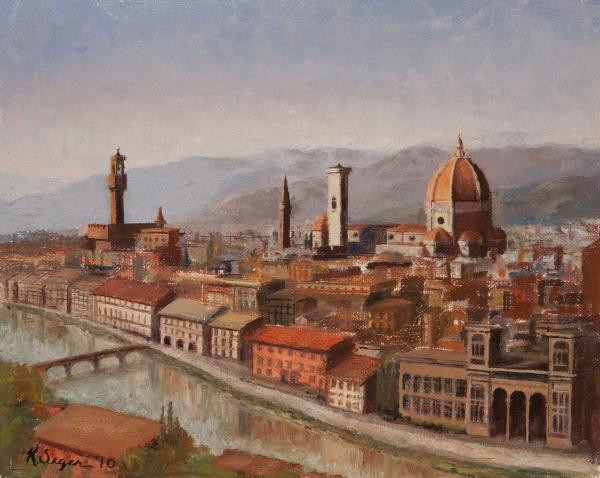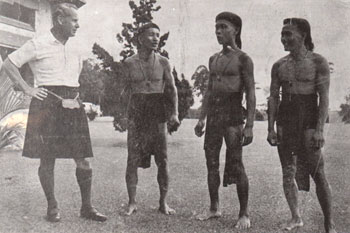A car float accident? What?
Basically this; a barge designed to carry train cars across rivers and seas. IOTL, the man was in one of the train cars when it accidentally fell of the barge and into the Nile River, drowning him. With Ahmad Rifaat alive ITTL, the position of Khedive of Egypt would fall on him instead of his brother, who led Egypt and Sudan drowning in debt (no pun intended
Last edited:











